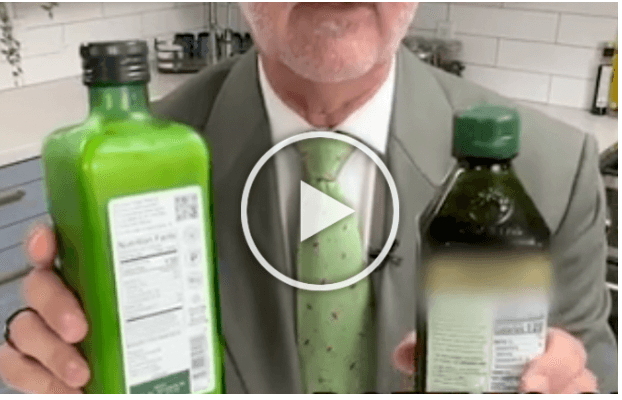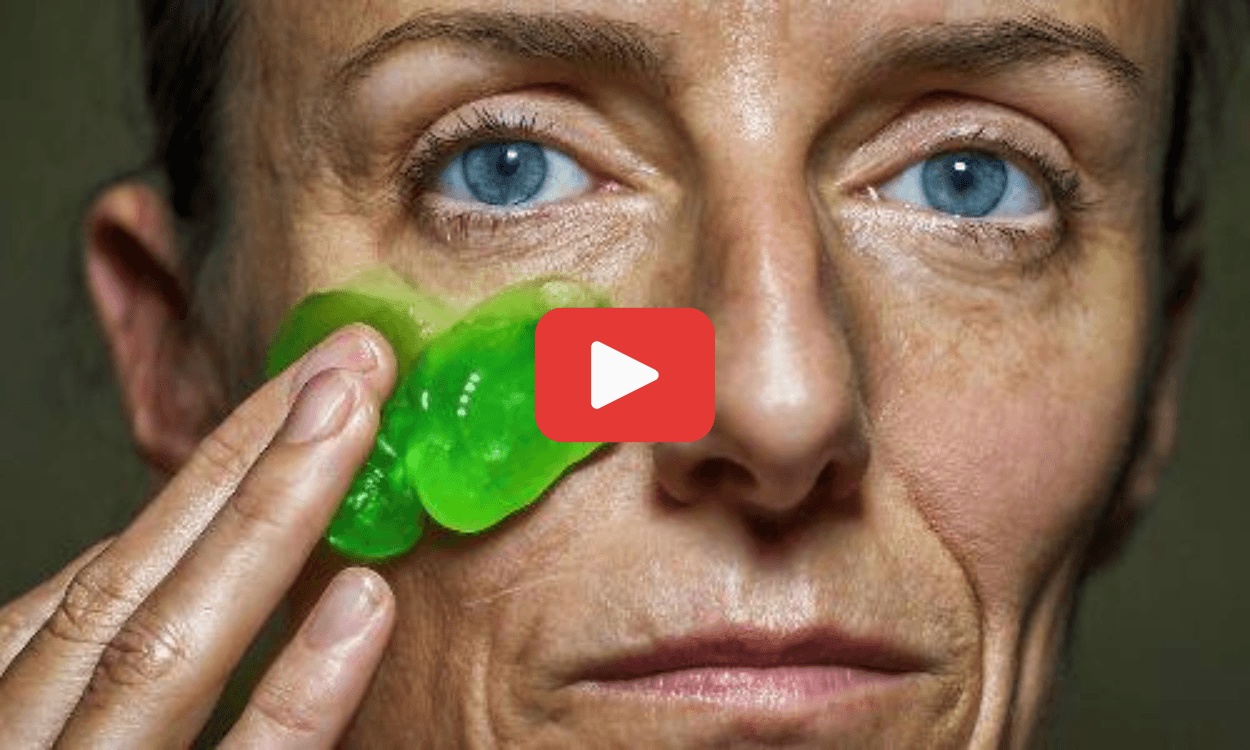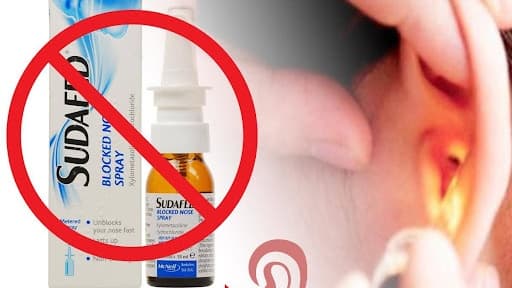OVER age 60 and Still Drinking Milk? It's NOT worth it!
Enjoying your daily glass of milk might need a rethink if you're over 60. Recent research raises concerns about milk being a staple for the golden years—both in terms of health and environmental impact. Here’s a closer look at why milk might not be as beneficial and what alternatives are available.
Many have acted under the assumption that milk is a protective food for bones and general health. However, studies now suggest otherwise, particularly for older adults.
Ironically, drinking milk might heighten the risk of fractures instead of reducing them. A study in the BMJ revealed women consuming three or more glasses of milk daily had higher fracture rates. Researchers believe milk’s lactose and galactose could promote inflammation, affecting bone health.
Moreover, milk’s relation to prostate cancer is alarming. Research stresses that significant dairy consumption, particularly whole milk, may increase men’s risk of developing this disease, possibly due to hormones or growth factors in these products.
High Dairy Diets: Consider expert warnings—consuming lots of dairy has been consistently linked to specific cancer forms.
Fortunately, for those reconsidering milk, many promising and largely healthier alternatives exist, supportive of strong bones and overall fitness.
- Leafy greens and tofu: Two cups of raw chopped kale provide about 180 mg of calcium.
Additionally, fortified plant beverages such as soy milk, which is akin to cow's milk nutritionally, are fortified with needed vitamins and ample calcium.
- Fortified soy milk: It brings you calcium, depletes cholesterol, and stabilizes blood pressure.
Meanwhile, almonds, chia seeds, and figs fill the need for other essentials while being not simply delectable but also antioxidant-rich.
Doctors and nutritionists are starting to argue against high dairy intake. Analysis, like that from Harvard researchers Dr. David Ludwig and Dr. Walter Willet, contend that older published guidelines misrepresent milk’s advantages.
Questioning Personal and Family Milk Usage: Experts are urging to weigh facts against superstition about milk helping adults maintain bones and immunity.
Finally, numerous also offset traditional dairy more due to awareness regarding dairy's environmental footprint—the greenhouse emissions, water demand, and land degradation involved render this staple problematic for lasting ecological health.
Ultimately, the rejection of constant milk consumption remains an option worth considering or progressively adapting components of. Through switch spotting and excitement over premium-level alternates for health and ecological logic, reactions modifying lifestyles to save traditions may provoke essential lifestyle optimization on encountering old presumptions rebuffed with unforeseen complexities uncovered.
Have you tried reducing milk intake and heavier clubs considered rioting? Join added armies against old-age intention, tree-impact guidelines steering on healthcare besides appreciating travels toward your body's closed strength duty.
From Around The Web
Wellness Inbox is a blog & weekly newsletter that curates trending news and products related to health and wellness from around the web. We also gather content from various sources, including leading health professionals, and deliver it directly to you.
Please note that we may receive compensation if you purchase any products featured in our newsletter. Wellness Inbox is not affiliated with, nor does it endorse, any health professionals whose content may appear in our newsletter. The information provided is for general informational purposes only and should not be considered medical advice.
The information provided is not intended to replace professional medical advice, diagnosis, or treatment. All content, including text, graphics, images, and information available is for general informational purposes only. We do not guarantee the accuracy or completeness of any information presented and assume no liability for any errors or omissions. The content is subject to change without notice. We encourage you to verify any information with other reliable sources and consult your physician regarding any medical conditions or treatments.







